Every January I take at least 21 Days off of Social Media in order to detox, get focused, and stop the noise. I did well up until January 6 when insurrectionists stormed our Nation’s Capitol killing 5 people and threatening lawmakers including Vice President Mike Pence.
I just could not stay off of Social Media after that happened because I was so shocked and wanted to know more. With the looming inauguration, I didn’t want to miss a thing. I was on Twitter all day looking for updates.
It was time for a break
Here’s the thing: I don’t even enjoy social media anymore.
Facebook is endless politics
Instagram is endless ads and sponsored posts with people selling crap
Twitter is also endless politics BUT has some good information in regards to Covid-19…in particular UCSF Doctor of Infectious Disease Dr. Monica Ghandi, MD MPH. She has been my go-to for Covid-19 and Vaccine Education. She is optimistic, realistic, and doesn’t take a condescending approach toward people who have questions.
Even though I didn’t enjoy social media, I still found myself scrolling and spending too much time on the mediums.
I read an article that one of the signs you’re addicted to Social Media is that you still scroll even though you’re irritated by all of the posts and you don’t enjoy it.
Time for a Break
At the end of January, I was feeling an urge to go completely off of social media for the month of February. I wrote down several reasons why I felt I needed a social media break.
- Social Media is a Time Waster
- Quiet the Noise
- Cluttered my brain with information that wasn’t useful
- I was tired of doom scrolling and fear-based information
- Made me more anxious
- I don’t enjoy it
What I hoped would happen during my Time Away from Social Media
- Ability to Focus on the RIGHT things such as my writing
- Flow of Creativity
- Enjoyment of Life
- Developing and Strengthening my REAL LIFE relationships
I decided to journal my 4-week experience of life without social media
Week 1 Did I miss it?
As a rule, I don’t have the Facebook app on my phone and I don’t have any social media PUSH notifications on any of my devices.
I set myself up for success for this challenge by deleting Instagram and Twitter off of my phone so I wouldn’t be tempted to use them.
The first thing I realized is that Social media has become a habit. I would check Twitter and Instagram during work breaks to see what’s going on or when I was bored.
Social media sites want to evoke the Fear of Missing out (FOMO) in users by sending email updates that “Joe” shared “something”. They don’t even tell you what it is so you’ll go check it out. I was getting 3 and 4 of these email updates a day.
The ultimate goal of social media giants is to get as many people addicted to their platforms as possible to see the paid advertisements.
What I did to fill the time instead
I like online Crossword puzzles and I enjoy some YouTube talk shows and videos about subjects that I’m interested in.
What has filled most of the time are projects that I should have been working on all along. I’ve signed up for a Year-Long Writing Program and I worked on that course, wrote a Blog Post, and did some reading.
Without social media, there seem to be more hours in the day but it’s obvious that social media is a time-waster. Adding up 15-20 minute social media stints throughout the day ends up becoming 2-3 hours on Twitter daily.
Weekly Screen Usage Watch
The week before I started the Social media break my Average Screen usage time for the week was 12 hours, 57 minutes (This was up 11% from the Previous Week making it clear I needed a Break!)
Week 1: My screen time usage was 11 hours, 7 minutes (down 14%)
Any Slip ups?
I don’t consider this a slip up but I did check out what Dr. Gahndi was saying this past week about Covid-19 and the Vaccines on Twitter.
I knew that she would be giving her followers updates WITH JOURNAL ARTICLES AND SCIENTIFIC DATA TO BACK IT UP. After reading her info, I didn’t post and didn’t scroll.
I went on Facebook because I host the Facebook Live for my church on Sundays. Again…no post and no scroll.
Week 2 Quiet the Noise
One of the reasons I got off social media is to quiet the noise and limit the voices I’m listening to. There is so much noise on social media that we have to be very discerning about what we allow in.
Getting off of social media allowed me to clearly hear the voices I should be listening to and filtering out the rest of the noise.
I have learned the hard way that just because someone calls themselves an “expert” or “influencer”, has lots of followers, hosts online conferences and seminars doesn’t mean that we should follow their advice.
Quite often when we dig beneath the surface and listen closely to what “experts” and “influencers” say we realize they don’t have results themselves in what they’re supposed to be teaching. I have listened to relationship gurus with no relationship and business coaches with a failing business.
My theory is that some of these self-proclaimed experts give bad advice on purpose so their customers will fail and they won’t lose business!
A more realistic explanation is that “experts” and “influencers” realize that they can make money off of people searching for answers. It’s a tale as old as time.
One of my goals was to declutter my mind and quieting the noise by staying off of social media did the trick.
Weekly Screen Usage Watch
Start: Pre Break 12 hours, 57 minutes (Up 11%)
Week 1: 11 hours, 7 minutes (down 14%)
Week 2: 11 hours, 5 minutes
Week 3 Surveillance Capitalism
There’s a new social media app called Clubhouse that is all the rage.
My prediction is that Clubhouse will start off organically and then the hustlers, celebrities, brands, and advertisers will show up like always because the end result is always the same: Get your data and then be able to sell your info to corporations.
It is yet another way to get your data to be able to sell you things.
I read an interesting article on Medium, Clubhouse is suggesting their users invite their drug dealers and therapists.
Once you get past the provocative title, the article discusses the ethics of granting the app access to your contacts some of whom may not be interested in joining Clubhouse.
But there’s also something a bit icky feeling about ranking the Clubhouse connectedness of people who have not chosen or agreed to have anything to do with Clubhouse—and who may not have even chosen to be in your phone’s address book, for that matter. Without knowing what other ways Clubhouse might be using this data, it’s hard to pinpoint the potential harms, aside from the fundamental lack of consent involved in collecting data on nonusers. (Source Medium)
After reading this article, one of my clients sent a great article with a term that I had never heard but makes perfect sense: Surveillance Capitalism.
These tech companies aren’t here to connect us or any of that other feel-good mumbo jumbo they try to sell us. They’re here to make money off of us. They track our every move because WE are the product.
Former Harvard Business School professor Shoshanna Zuboff coined the term, “surveillance capitalism” in 2014 and wrote the book “The Age of Surveillance Capitalism,” and defines the term as:
the unilateral claiming of private human experience as free raw material for translation into behavioral data.
I plan on reading this book and it encouraged me even further to stay off of these social media sites. I remember a few years ago that I was talking to someone about Orange Theory and when I looked at Facebook later that day, there were Orange Theory ads.
Losing my Appetite for Facebook and Instagram
I do check Twitter for Dr. Monica Gahndi’s Tweet about the pandemic and also other experts that I follow but even that isn’t an all-day activity like it used to be. I check in the mornings and in the evenings. I’m able to find useful information to educate myself and inform others.
Dr. Ghandi gave an excellent presentation on Vaccines that I watched on YouTube. You can watch here
I’ve lost my appetite for Facebook and Instagram. I’m thankful not to see the phony staged pictures, the endless ads, and the constant divisive politics. I am pretty sure that I am going to be gone from both for longer than February.
Weekly Screen Usage Watch
Start: Pre Break 12 hours, 57 minutes (Up 11%)
Week 1: 11 hours, 7 minutes (down 14%)
Week 2: 11 hours, 5 minutes
Week 3: 11 hours, 2 minutes
Week 4: The Bright Side of Going Dark
These days Influencer posts and ads seem to be the bulk of Instagram content and there is even a shopping tab so you can purchase items directly on Instagram.
It isn’t fun and it isn’t interesting but for some influencers, social media is the way they make a living.
But at what cost?
The Bright Side of Going Dark, by Kelly Harms is a novel that explores the life of an influencer, a woman who works at a social media company, and the effects of social media on mental health.
I won’t give the story away but there were certain elements that I had never thought about when it comes to social media influencers.
I think most of us are intellectually aware that the shiny, perfect, and curated social media posts from influencers aren’t reality.
Influencers post so that followers will crave a life that is so much better than their own and buy whatever products they’re promoting.
In this novel, the social media influencer Mia, says that she feels a certain pressure to make sure her life looks perfect because her follower’s happiness depends on it. She also has to make her sponsors happy and sharing anything other than a perfect life is not good for business.
Of course, Mia’s actual life is NOT perfect and the lengths she has to go through to keep up the facade eventually comes to a breaking point…so why was she doing it?
Yes, it was a way to support herself and live a comfortable lifestyle but it’s deeper than that. Mia created a social media fantasy world to avoid dealing with her actual issues and distracting herself from painful places she didn’t want to go.
That struck a chord with me. I find myself drawn to social media at times when my real life seems overwhelming and I want an escape. The time I spend on Social Media sharing my thoughts, photos, or opinions is time I don’t have to spend dealing with the mundane or uncomfortable.
The Bright Side of Going Dark also explores mental health issues including suicide ideation It’s something we need to talk about and it’s something we need to address when it comes to mental health. The need to live vicariously through another person and derive happiness from their life is not healthy.
At the end of the day the job of an influencer is to influence you to buy stuff. I’m over it.
Weekly Screen Usage Watch
Start: Pre Break 12 hours, 57 minutes (Up 11%)
Week 1: 11 hours, 7 minutes (down 14%)
Week 2: 11 hours, 5 minutes
Week 3: 11 hours, 2 minutes
Week 4: 11 hours, 45 minutes
Where we go from here…
The social media break was timely because February ended up being a month dedicated to clarity, focus, and getting my mind RIGHT for the next steps ahead after being distracted.
Right now I enjoy Twitter because I enjoy reading different opinions without the vitriol of Facebook. I honestly would delete Facebook altogether because it’s become so toxic but I have to use it for ministry purposes. I have no use for Instagram and have not reinstalled it on any of my devices.
I’m not interested in social media channels such as Tik Tok or Clubhouse. I believe as this Covid-19 plague comes to an end people will be craving real-life and real-world connections.
I’ll be ready.
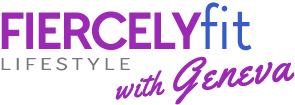
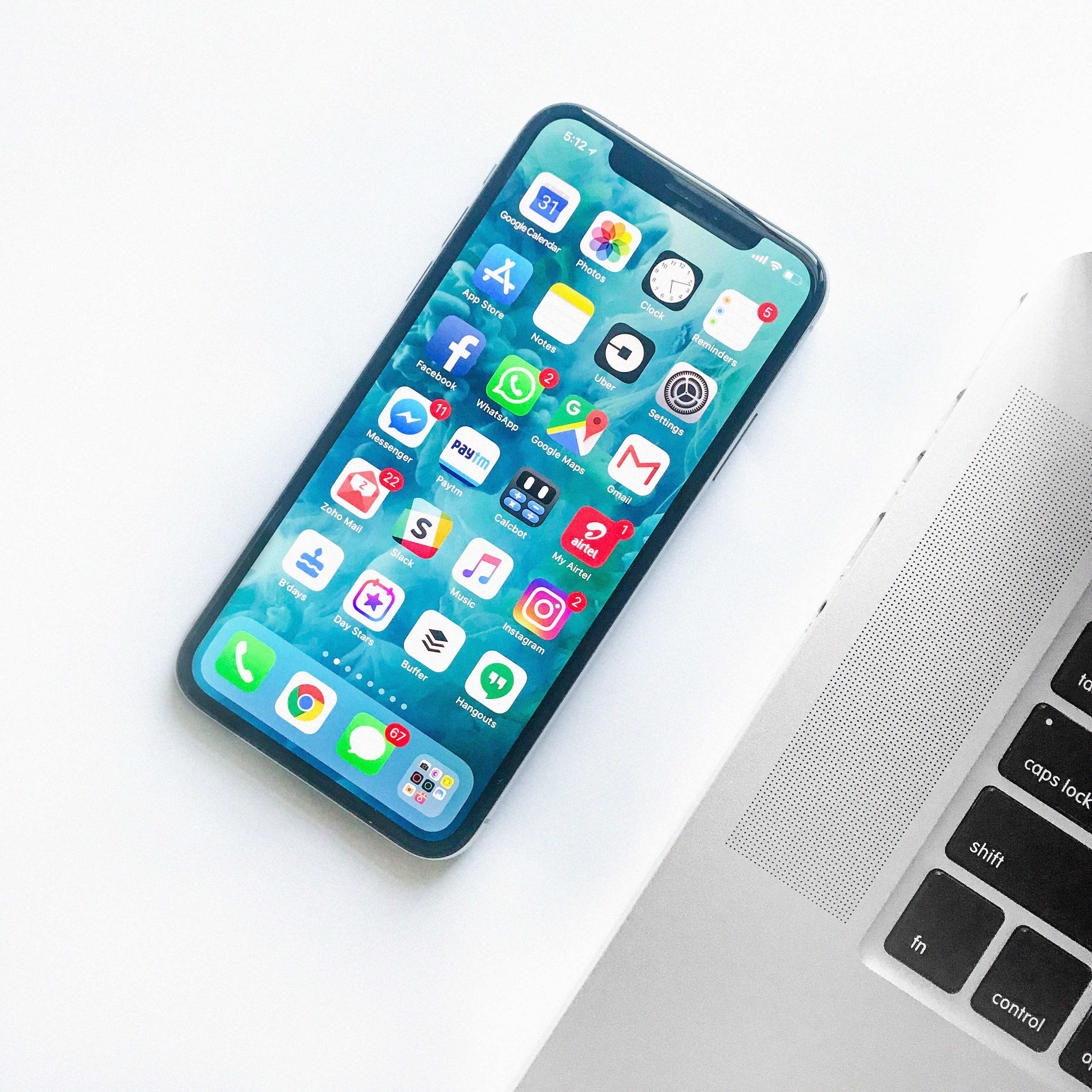
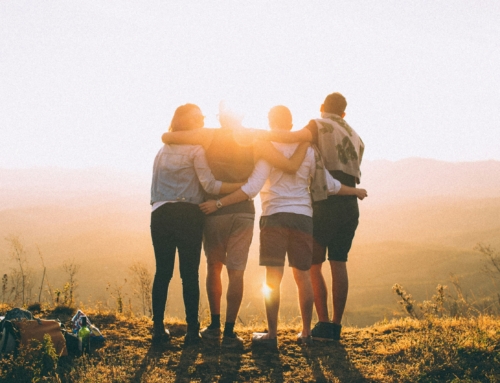
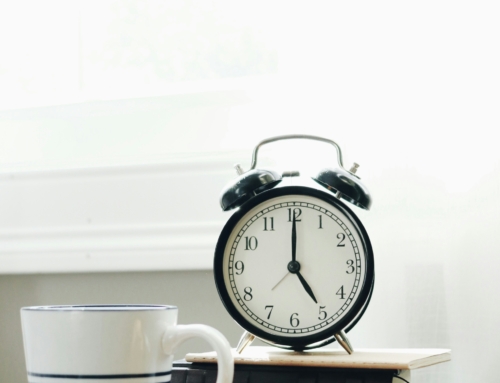
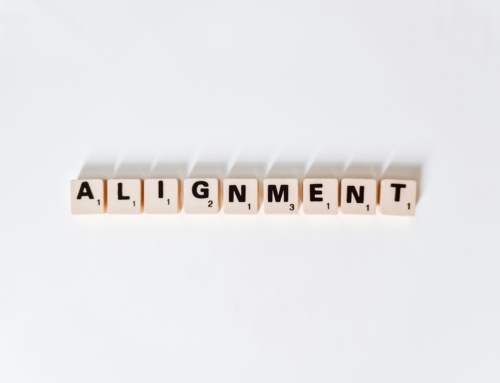
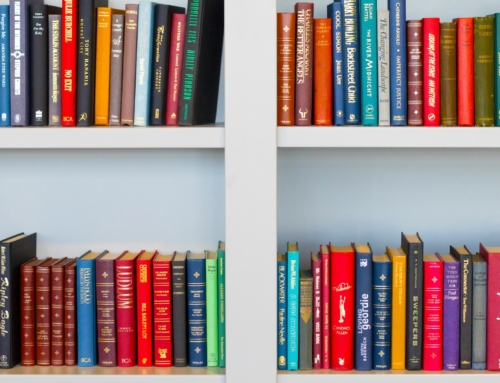

Leave A Comment